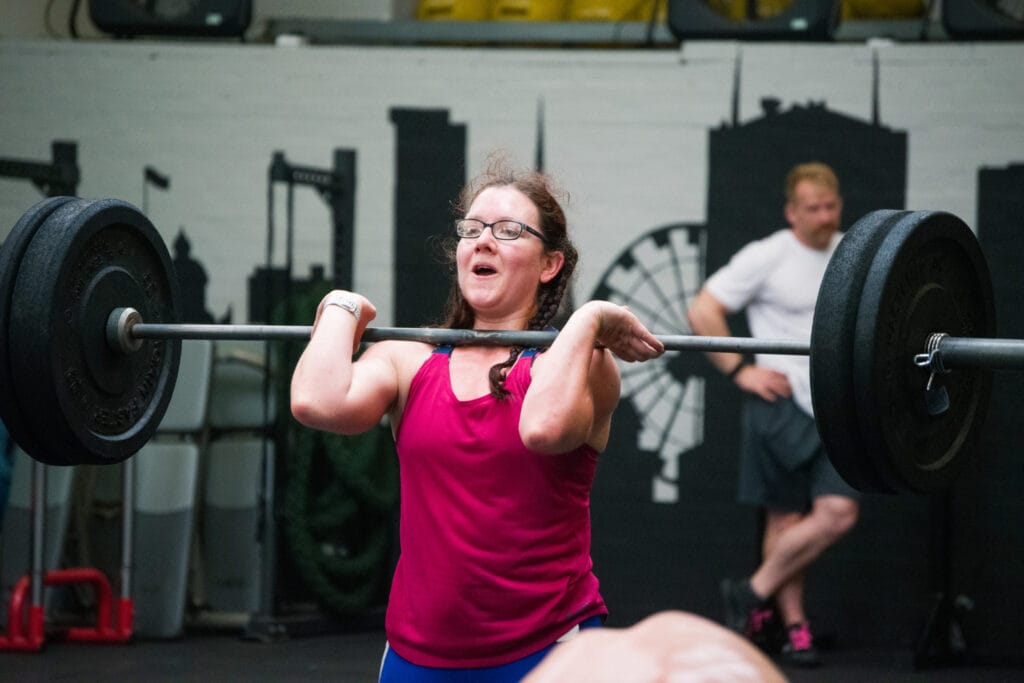This is the second part of a short series collecting together nutrition myths that we’ve seen doing the rounds this year along with a brief explanation of why they’re nonsense (and what you can do instead). Find the first part here.
It’s a shame that the media perpetuates these myths and makes it hard for people to know what is actually going to help them, but that’s where we come in!
So without further ado, let’s launch into this list of nonsense:
Lifting weights makes girls bulky
Lifting weights will cause your body to want to hang onto, and build more, muscle tissue. The actual process of building muscle is incredibly slow (thanks to evolutionary biology and natural selection), so the addition of ‘bulk’ may actually just be an increased awareness of the muscles that you’ve been using. The human body stores fat faster than it stores muscle so the appearance of bulk is more likely to be related to higher bodyfat than higher muscle mass.
When someone who has never lifted weights before starts lifting, they stimulate their body to retain muscle and also burn more fat even when resting. When someone matches their food input with their energy output (or goes slightly under it) the effects are often very desirable.
Training your abs will burn belly fat
Training your abs (and entire mid-section) is vitally important for health and fitness. The training itself won’t burn fat off from that area but the muscles that are built will help protect your spine and keep you feeling young. The best way to burn your belly fat off is through matching a well thought out training programme that balances movements, loads and intensities with a nutrition plan that focuses on eating the right amount of high quality food. So stop doing hundreds of extra sit ups per day and focus on eating less crap!
Intermittent fasting is magical
Intermittent fasting is not magical, and here is a working example as to why:
If you were going to eat 3 meals a day and each meal was 1000 calories then you’d eat 3000 calories a day. If you then decided to not eat anything before midday then you’d probably struggle to eat 3000 high quality calories before you went to bed. The easiest way to not feel stuffed would be to eat 2 meals of 1000 calories (and maybe even a snack of 300-500 calories). The magic in all this is that you’d just reduced your calorie intake from 3000 to 2000 (or slightly higher depending on if you had a snack). In a healthy person, would a 33% calorie deficit cause them to lose weight? Of course it would!!
The ‘rules’ of intermittent fasting are simple and often easy for people to work into their day to day lives. If it’s a sustainable way for you to reduce your calorie intake then keep doing it. If you think it’s a quick fix then think again.

